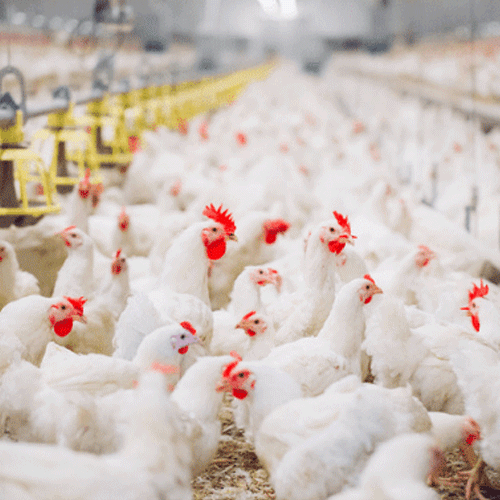
Safeguarding Agriculture: The Importance of Farm Biosecurity
In a constantly evolving world in which the world is constantly changing, maintaining the stability and security of our farming systems is a top priority. A key element to this effort is biosecurity in the farm, the set of procedures that are designed to stop, limit and limit the spread and introduction of harmful diseases, pests and other invasive species within the agricultural environment. Biosecurity in the farm not only safeguards the well-being and health of animals and crops, but is also a safeguard for the livelihoods of the farmers as well as the supply of sustainable and safe food to consumers.
Farm biosecurity is an all-encompassing strategy to limit the danger of pests, infectious diseases as well as invasive species which have the potential to significantly reduce agricultural production. It involves the use of diverse practices and strategies to minimize the spread and introduction of possible threats both through external sources as well as within the farm. The primary goal of biosecurity on farms is to build a solid defense system to limit the spread and entry of disease, thereby ensuring the quality and viability of farm activities.
A number of essential elements make up an effective biosecurity strategy for farms. The first and most important is maintaining high standards of sanitation and hygiene is vital. It includes cleaning regularly and disinfecting vehicles, equipment as well as facilities that can prevent the spread of pathogens. Furthermore, controlling access to the farm as well as limiting the movement of humans as well as animals could help reduce the possibility of disease spread. Farmers should also be aware of their animals and their crops in the event of any indications of sickness or strange behaviour, which allows for prompt identification and the eradication of any potential threat.

The advancements in technology have revolutionized the biosecurity of farms, and have provided innovative ways to increase monitoring and management. Drones, drones, and remote sensing devices and satellite images enable farmers to track large areas effectively and spot the possibility of outbreaks of diseases or pest outbreaks. Additionally, platforms that are digital and data analytics permit live monitoring of the health of animals and conditions for crops, aiding in the detection and treatment of issues earlier. Utilizing these technologies allows farmers to take data-driven choices and to proactively address biosecurity risk. For more information please visit here https://sunzencorp.com/
The results of a spread or incursion of pests could be catastrophic for producers and for the larger agriculture sector. It’s not just that it can lead to large losses in productivity, but could be a cause of the restriction of trade and closing markets which negatively impact the whole supply chain. Through investing in strong biosecurity practices, farmers are able to safeguard their investment and preserve the image of their products by ensuring that they have access to both domestic as well as international markets.
Biosecurity in the farm isn’t an obligation that is solely the farmers themselves; it demands collaboration throughout the entire agriculture industry. Researchers, government agencies as well as industry players are essential by providing resources, support and knowledge to improve biosecurity methods. Awareness and education campaigns are important to promote an understanding of the biosecurity risks and the best techniques, and enabling farmers as well as the general public to be active in defending the landscape of agriculture.